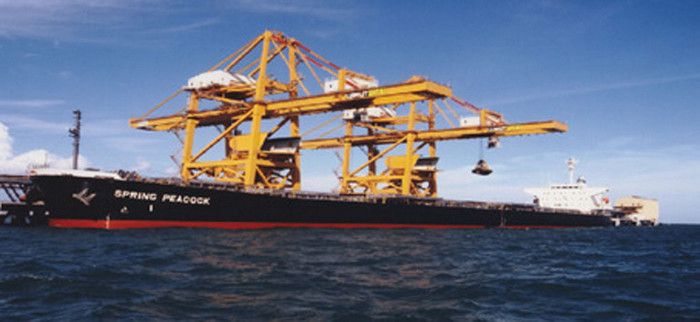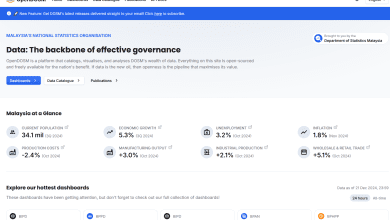Losing Out on Lumut


Opinion
By Robin Arumugam
It is a little known fact today that Ipoh was once seen to be a rival of Singapore.
At the turn of the last century attempts by Perak to build a port in Lumut was opposed by the Colonial authorities based in Singapore. Engineers had even then reported that Lumut was the best harbour east of Suez.
Therefore, although it was the biggest producer of tin, Perak had to export its tin ingots out from the ports of Penang and Singapore.
How different would have been the history and development of Perak, if this effort at port making had not been thwarted.
Fast forward to 2014 whereby Tenaga Nasional Berhad (TNB) has mounted a takeover bid to buy Integrax, a company which operates and owns the Lumut port.
Apart from Tenaga Nasional Berhad, the major shareholders of Integrax today are Perak Corporation Bhd, Amin Halim Rasip, Corston Smith Asset Management and Public Mutual.
For the folks in Ipoh, Lumut Port is low-key and is less well known than the naval base. Indeed, many would ask, do we have a port serving commercial interests? That’s new!
Yes, since its inception, Lumut has mainly been handling coal and more recently, there was much controversy over the Brazilian Company, Vale’s interest to use Lumut as transshipment centre for its iron ore.
Lumut and Pangkor Island are Perak’s tourist jewels. Although its image as a port is still hazy and unclear, may it be known that this is there is a lot of upside.
And who knows, regardless of whether TNB gets to own Integrax, one day there may be a railway line all the way from Ipoh to Lumut!
Suffice to note that Lumut as a port should serve the interest of the whole Perak and not only one commercial sector or business enterprise.
It has taken Ipoh years to get flights moving again at our underutilised airport. Perak should have a say who owns the port and what direction it intends to take. This is a strategic asset.
Once Tenaga controls the port, it will be concerned only with its own commercial interests and the state will not be able to promote its socio-economic programmes to have new investors.
In the past, Perak was shunned or bypassed by investors because of the lack of ports.
By disposing of its shares, the state will lose its two directors on the Board of Integrax and have no say in the future control of the port.
The state will also be devoid of an infrastructure that will support the import and export of cargo from the state.
Our manufacturers and investors will have to look elsewhere to handle their cargos. Henceforth, the state will be totally at the mercy of the port owners!


